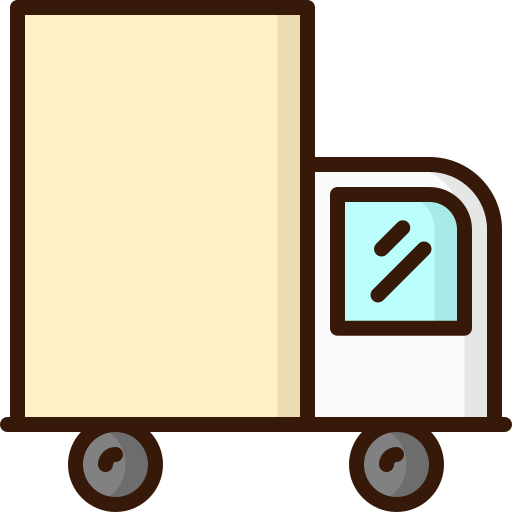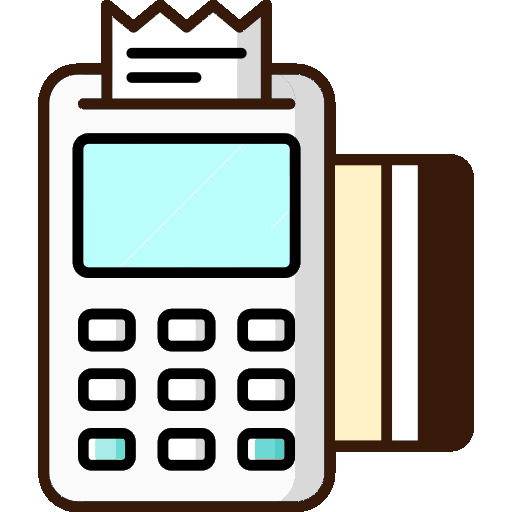Keeping your home organized doesn't have to mean investing in expensive storage systems or hiring a professional organizer. With a few smart strategies, some creativity, and low-cost tools, you can achieve a clutter-free space on a budget. In this article, we'll show you how to keep your home organized without spending a fortune, one room at a time.
How to Keep Your Home Organized Without Spending a Fortune?
Why Home Organization Matters?
An organized home isn’t just about aesthetics—it impacts your mental clarity, productivity, and even your wallet. Clutter can cause stress, lead to misplaced items, and make cleaning harder. The good news? You can restore order to your space without breaking the bank.
1. Start With a Decluttering Session
Before you organize, get rid of what you don’t need. Go room by room and ask yourself:
-
Do I use this?
-
Do I love this?
-
Does this have a place?
Donate, recycle, or sell anything you no longer need. Less stuff means less to organize—and more space without spending a dime.
2. Use What You Already Have
Look around your home—you likely already own containers, baskets, jars, or even shoeboxes that can double as organizers.
Creative examples:
-
Mason jars for craft supplies or bathroom items
-
Shoe boxes for drawer dividers
-
Old trays to organize office desks or coffee tables
This is one of the most budget-friendly ways to get organized without shopping for anything new.

3. Get Affordable Storage Solutions
You don’t need luxury bins or custom shelves. Try:
-
Dollar store organizers for drawers and cabinets
-
Under-bed storage bins for seasonal clothes or shoes
-
Over-the-door hooks for towels, bags, or accessories
-
Hanging closet organizers to maximize vertical space
Most of these items cost under $10 and can drastically improve your storage game.
4. Create “Drop Zones” for Everyday Items
One of the easiest ways to reduce clutter is to create designated areas for daily-use items:
-
A key bowl or hook by the door
-
A mail basket on the entry table
-
A laundry basket in every bedroom
This prevents random piles from forming and makes it easier for everyone in the house to follow the system.
5. Label Everything
Labels add structure and help everyone know where things go. You can:
-
Use masking tape and a marker for a DIY solution
-
Print simple labels on your home printer
-
Use chalkboard labels for reusable options
This small detail has a big impact on long-term organization.
6. Embrace Vertical Space
When floor space is limited, go up:
-
Use shelves above toilets, desks, or doors
-
Install wall-mounted racks for kitchen tools or cleaning supplies
-
Hang pegboards in the garage, craft room, or pantry
These ideas make the most of your space—often for under $20.
7. Make It a Habit, Not a One-Time Project
Organization is not just about bins—it’s about systems. Build daily habits like:
-
A 10-minute evening tidy-up
-
Weekly decluttering of “hot spots”
-
Monthly donation box checks
Consistency is free and makes staying organized easier over time.
Bonus: Free & Cheap Digital Tools
You can also organize your life digitally:
-
Use Google Keep, Notion, or Trello to track to-dos
-
Set reminders for cleaning or organizing tasks
-
Scan and save paper receipts or documents to the cloud
Digital organization supports physical order—and it’s often free.
Final Thoughts
You don’t need to spend a fortune to have a clean, organized home. With a little planning, repurposing, and consistency, you can transform your space on a budget. Remember: organization is more about strategy than stuff.
Want more budget-friendly home hacks? Check out our blog for tips on smart gadgets, space-saving furniture, and affordable decor ideas.
Frequently Asked Questions (FAQ)
Q: What is the first step to organizing my home on a budget?
A: Start by decluttering. It's completely free and creates space for better organization.
Q: Where can I buy cheap storage containers?
A: Dollar stores, discount retailers, and secondhand shops are great places to find low-cost organization tools.
Q: How do I stay motivated to keep my home tidy?
A: Start small, set daily habits, and reward yourself when you hit milestones. Seeing progress is often the best motivator.













































 Gifts
Gifts 


































